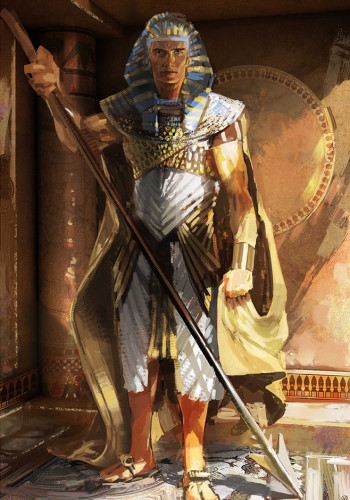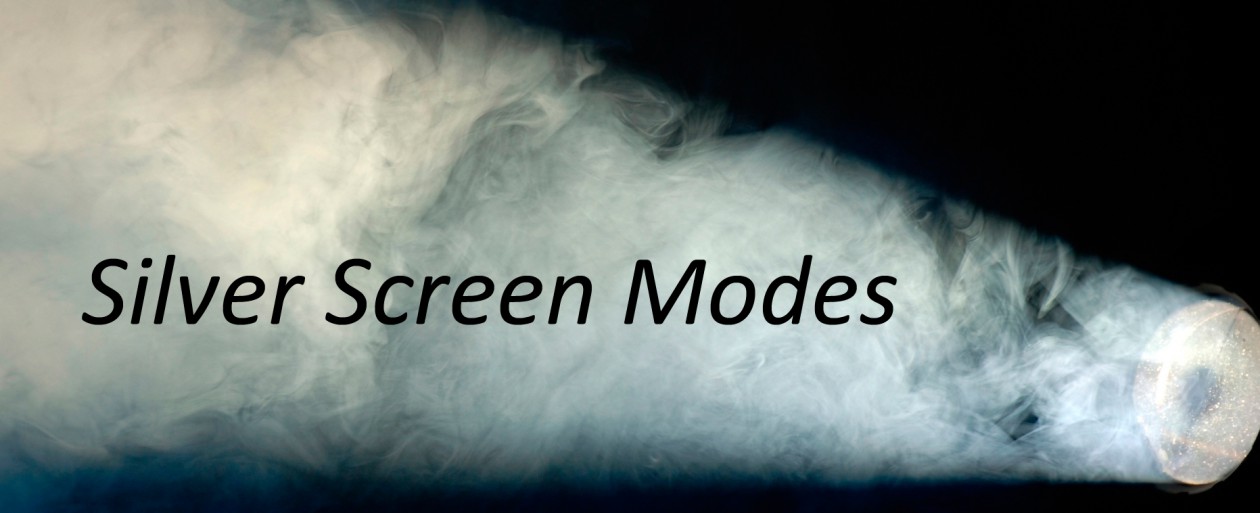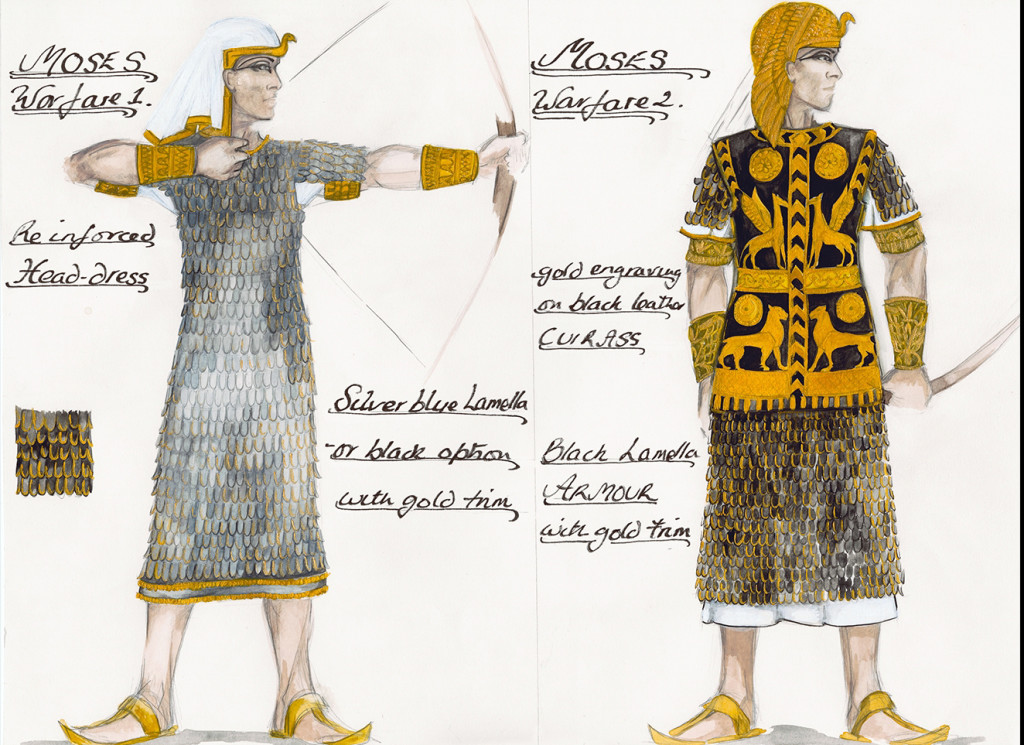The history of epic film is rich with the story of Moses and his liberation of the Jewish people from Ramses and the Egyptians, along with the dramatic crossing of the Nile while being pursued. Cecil B. DeMille made two versions of the story in The Ten Commandments, including the famous 1956 version with Charlton Heston and Yul Brynner. Now the epic has been modernized with Ridley Scott’s sweeping direction in the 20th Century-Fox production of Exodus: Gods and Kings. The costumes, sets, and scenery of the production do justice to the biblical epics of DeMille’s day while adding special CGI effects not known in classic film days. With a cast of Christian Bale as Moses, Joel Edgerton as Ramses, John Turturro as Seti and Sigourney Weaver as Queen Tuya, the actors bring this historic drama to life. If you missed it on the big screen, it is out now on Digital HD and Blu-Ray.
To see more behind-the-scenes production content, check out the Exodus interactive site:
Grab it on Digital HD:

Ridley Scott is famous for his vision of what style and look the movies he directs will have. One can see that as far back as his first film The Duellists, starting in 1977 and going on to Alien, Blade Runner, 1492, Gladiator, Kingdom of Heaven, and American Gangster, to name a few. Having started out as a cameraman he has a keen eye for how visual details can help tell the story and set the mood. He has forged strong relationships with his creative team, including costume designer Janty Yates, who won an Oscar for Best Costume design for her work in Scott’s film Gladiator.

When Janty Yates got the call asking her to work on Exodus: Gods and Kings, she knew from experience that this would involve a cast of thousands, but her reaction was “I can do this.” But then she found out she had four months to make it happen. That’s when she started waking up every night at 3:15 a.m. concerned about getting it all done – and done to Ridley Scott’s exacting vision. “Research, research, research,” she said about how she started the job. The original Egyptian sources proved the best resources. “I spent a huge amount of time looking at wall paintings, ” added Yates. “You can get a huge amount of reference from tombs, temples … even color.”
In an epic of this magnitude, costuming runs the spectrum from providing period dress for some 7000 people, including armor for warring armies, to detailed accessories for the Egyptian aristocracy. This also included jewelry like pendants, arm bracelets, multiple rings, collar pieces, headdresses, ornate belts and aprons. “Everyone wore about 15 pieces,” Yates said. “Was it blingy?” asked Ridley Scott about the movie. “Absolutely,” he said.
When it comes to costumes from the Egyptian period, the costume rental houses fell short of what was needed. “The last big Egyptian movie was Cleopatra with Elizabeth Taylor,” Yates said . That movie was released in 1963. But in the early 60s, the tastes ran to bright colors in women’s costumes, and foundation undergarments were used to nip in waists and emphasize breasts, looks no longer considered appropriate for period films. So Yates pretty much had to start from scratch. For the Egyptians that meant fabricating the costumes , from the palace guards to the principle cast members. For the Hebrews, their rustic linen costumes were historically more functional, made in a basic T-form by Italian costume houses. These very contrasts in the costumes tell part of the story.
Queen Nefertari is played by the Iranian actress Golshifteh Farahani. As a queen, and as one of the Great Royal Wives of Ramses, she wears a royal headdress and all the trappings of her station. Much of the costume design elements came from Egyptian hieroglyphics and wall paintings.
Queen Tuya was another Royal Wife, played by Sigourney Weaver. Ridley Scott told Yates he wanted her “to be little more of a man-eater.”
One of Yates’ favorite costumes to design was for Ramses. His suit of armor was plated in gold.That was also discovered in the wall paintings. She designed one of his helmets in a rich blue, and shaped like a bees’ nest. But a gold helmet design was used instead. This alternate design was a better match for Joel Edgerton’s face. Janty Yates loved going over-the-top on his costumes, especially since Ramses II himself was just such a vain and out-sized character.
The court costume of Ramses as designed for Joel Edgerton is shown below. The costumes for Edgerton and Christian Bale as Moses were essentially “dresses” so they had to be “butched up” according to Yates. And the colors for Moses had to be made quite different than from Ramses in order to highlight their differences.
Costume sketches for Moses in Egyptian armor are shown above. The Egyptians used a type of armor called lamellar, which was made of rectangular shaped platelets or scales which were hole-punched and laced together. For the movie the platelets were made of urethane by the UK company FBFX, a supplier of specialized costumes and props to the industry. The material is very light but tough, and it can take a finish that resembles metal. The lightness of the urethane was very functional for all the stunt men in their fight scenes.
The Egyptian infantry fought mainly with a spear, or a bow, and protected by a shield as well as the loin shield shown in the sketch above and below.
The costumes in Exodus: Gods and Kings, like all the best costumes in movies, help define character and sets the story in time and place. Here is a visual treat that makes the scenes and the action all the more life-like as a movie experience. Yates thinks it compares very well to The Ten Commandments, with enhanced special effects and without dated costumes, saying , “… to make it glorious, that was my mission.” And in the process another great collaboration between Ridley Scott and Janty Yates was made.
Views: 748







